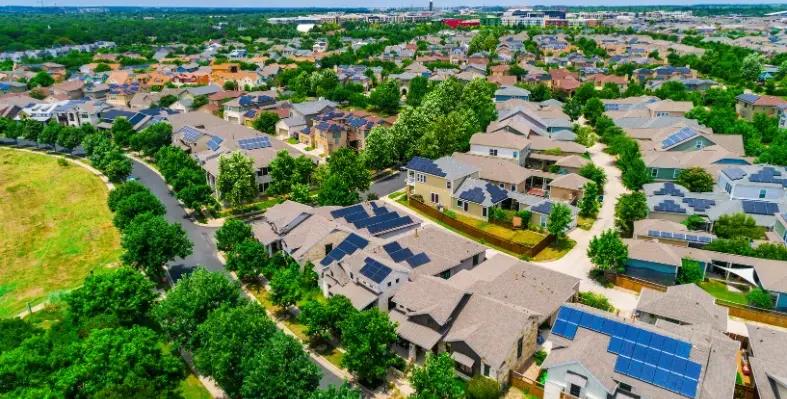At a recent seminar on climate-resilient solutions, Dr. Jacinta Dsilva, research director at SEE Institute, highlighted the critical need for sustainable urban planning to address the growing environmental challenges facing communities, particularly in the UAE and the Middle East.
With increasing urbanisation, the region is experiencing extreme weather patterns, including fluctuating temperatures and unpredictable rainfall, which pose threats to urban infrastructure and human well-being.
Dr. Dsilva emphasised that while developed countries have the resources to manage climate-related challenges, developing nations face more significant hurdles. She explained, “The challenge is these can be managed by developed countries. What about developing countries or countries that are dealing with much more climate-related challenges?” This gap, she noted, requires innovative, accessible, and affordable solutions.
Climate-resilient built environment
Among the key solutions discussed were nature-based approaches to flood resilience, such as wetlands. “Wetlands reduce flood risks by up to 40%,” said Dr. Dsilva, adding that creating such ecosystems in vulnerable areas could greatly mitigate the impact of climate change. She also pointed out the importance of addressing urban heat islands, a major issue in the Middle East. Implementing solutions like “cool roofs” and “urban forests” can reduce temperatures by 2 to 4 degrees Celsius, offering relief from the intense heat.
Dr. Dsilva also stressed the importance of incorporating sustainable urban design and green spaces into city planning. “Sustainable urban planning enhances both physical and mental well-being,” she said, explaining how walkable spaces, parks, and community events foster a sense of social connectivity and contribute to healthier communities. According to her, creating more opportunities for social interaction is crucial in today’s world, where digital distractions often isolate individuals from their neighbours.
Another vital area of focus is waste segregation and recycling. Dr. Dsilva highlighted the need for a circular economy, noting that “if we know how to segregate waste right from the source, we will be able to reduce at least 70% of the waste going to the landfill.” She commended the UAE government for its initiatives, such as the large waste-to-energy plant in Dubai, which is set to generate energy from organic waste.
As climate challenges intensify, Dr. Dsilva called for collective action: “We need to really work on SDG number six, which is clean water and sanitation.” She urged communities and governments to incorporate sustainable practices and technologies to build a more resilient future.







